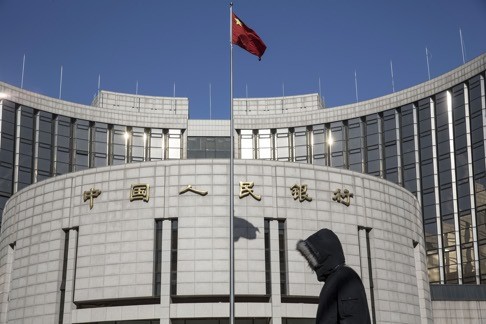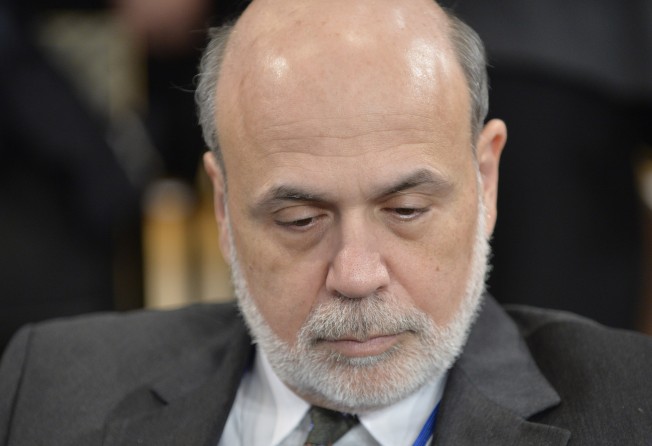
Bernanke says PBOC needs to be more transparent on yuan policy
Former Chairman of the US Federal Reserve weighs in on yuan debate, telling the PBOC to be more upfront

Former US Federal Reserve Chairman Ben Bernanke on Tuesday criticised the People’s Bank of China for not being transparent when explaining its currency strategy to the markets and at the same time said there was no chance the International Monetary Fund’s currency reserves, to which the yuan recently won admittance, would actually become a global reserve currency.
“One of the concerns I have is that the PBOC has not been as transparent as they usually are on what they are trying to achieve there, and if they want to tie it to a basket, for example, it might be useful to say that,” Bernanke told attendees at the Asian Financial Forum in Hong Kong.

The man credited with rescuing the US economy from a recession said that China should still work towards a fully convertible currency and open capital account but needed to finish putting in place the right infrastructure.
“You have got to make sure you have good banking regulation, well functioning asset markets, bond markets, that you have mechanisms for trading currencies, and China’s making good progress on these things,” he said, at the same time drawing parallels to the discredited Washington Consensus model from the 1970s and 1980s when financial liberalisation was pushed on developing countries ahead of legal and regulatory infrastructure.
In Hong Kong where his policies have been acutely felt as the city’s currency and interest rates are pegged to the US, Bernanke encouraged the Hong Kong monetary authoritiesto keep some kind of peg, either to a single currency or a basket, rather than opt for a free float, and at the same time bulwark the banking sector from a future financial crisis.
Turning to the wider global economy Bernanke warned investors they needed to expect low returns on investment as populations aged and productivity levels slowed in China and the US, even though low oil prices would be a “good thing” for most of the world’s economy.
Nor was he convinced the US dollar would continue to strengthen even if the Fed raises rates again this year as expected. “Going forward the dollar is not going to get strong whenever the Fed raises rates. It will depend whether the Fed raises rates more quickly or less quickly than the market expects.”
The dollar’s predominance in global markets was unlikely to change, Bernanke suggested, as he batted aside a question about whether or not the IMF Special Drawing Rights basket could become a working reserve currency, saying there was not enough liquidity in all the constituent currencies for such an idea to work.